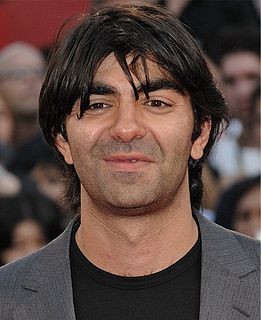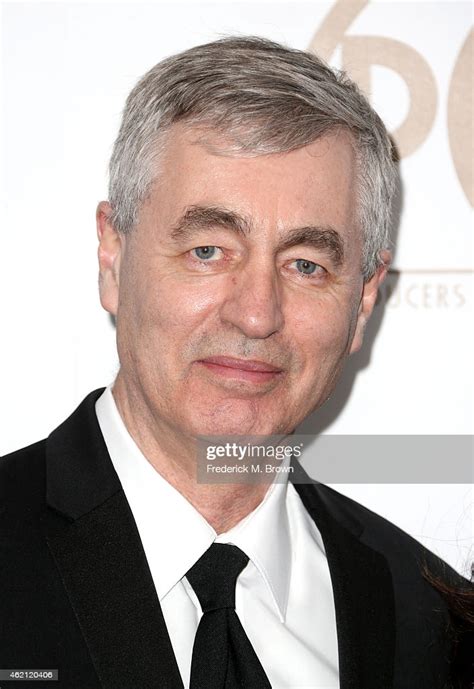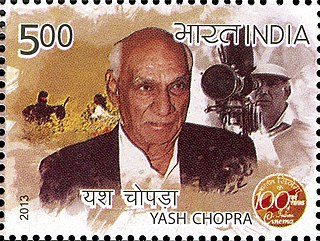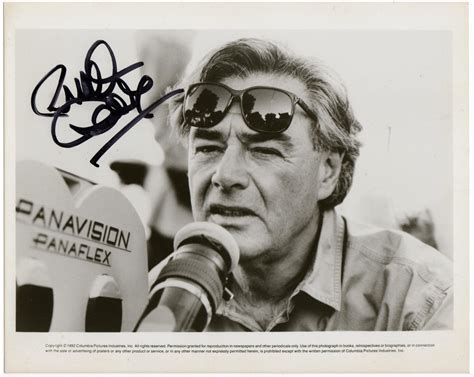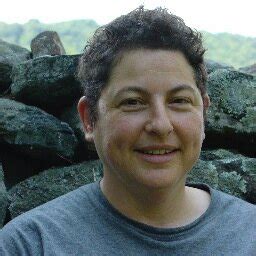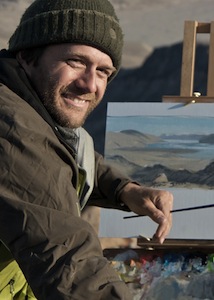A Quote by Brian Lindstrom
If I weren't making documentary films, I suppose I'd be teaching.
Quote Topics
Related Quotes
There is a documentary element in my films, a very strong documentary element, but by documentary element, I mean an element that's out of control, that's not controlled by me. And that element is the words, the language that people use, what they say in an interview. They're not written, not rehearsed. It's spontaneous, extemporaneous material. People
Films have been my only passion in life. I have always been proud of making films and will continue taking pride in all my films. I have never made a movie I have not believed in. However, though I love all my films, one tends to get attached to films that do well. But I do not have any regrets about making films that did not really do well at the box office.
I first started making films - this is my first feature, but I was making shorts - I was actually freelancing as a day job at The New York Times as an art director. I actually worked with Bill Cunningham and really soon after I met him, I thought, "Oh my God, he's a perfect subject for a documentary."
It's difficult to make movies. For me it was easier, as a refugee in Switzerland, to make documentary films, because I didn't need a lot of money for it. The way I tell my story or my opinion would be very similar in both fiction and documentary forms. But I found I could speak more effectively to convey this brutal reality through documentary than I could through fiction.
I'm not particularly interested in working with movie stars. It depends on where you come from, I suppose. Why are you making films? The reason I want make films is because they convey ideas. I think some directors make films because they want to hang out with movie stars and be part of Hollywood. They want to be a star themselves.


